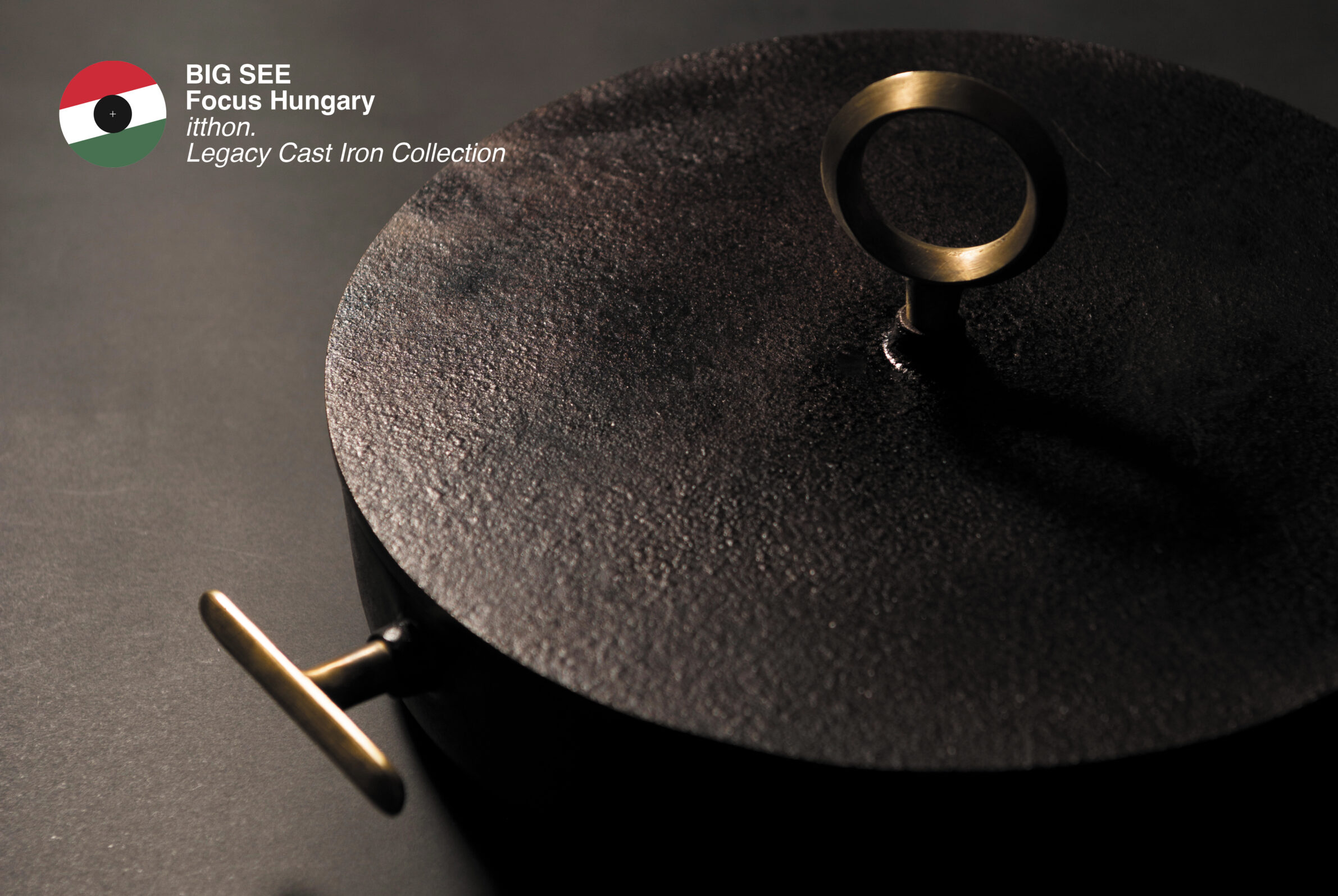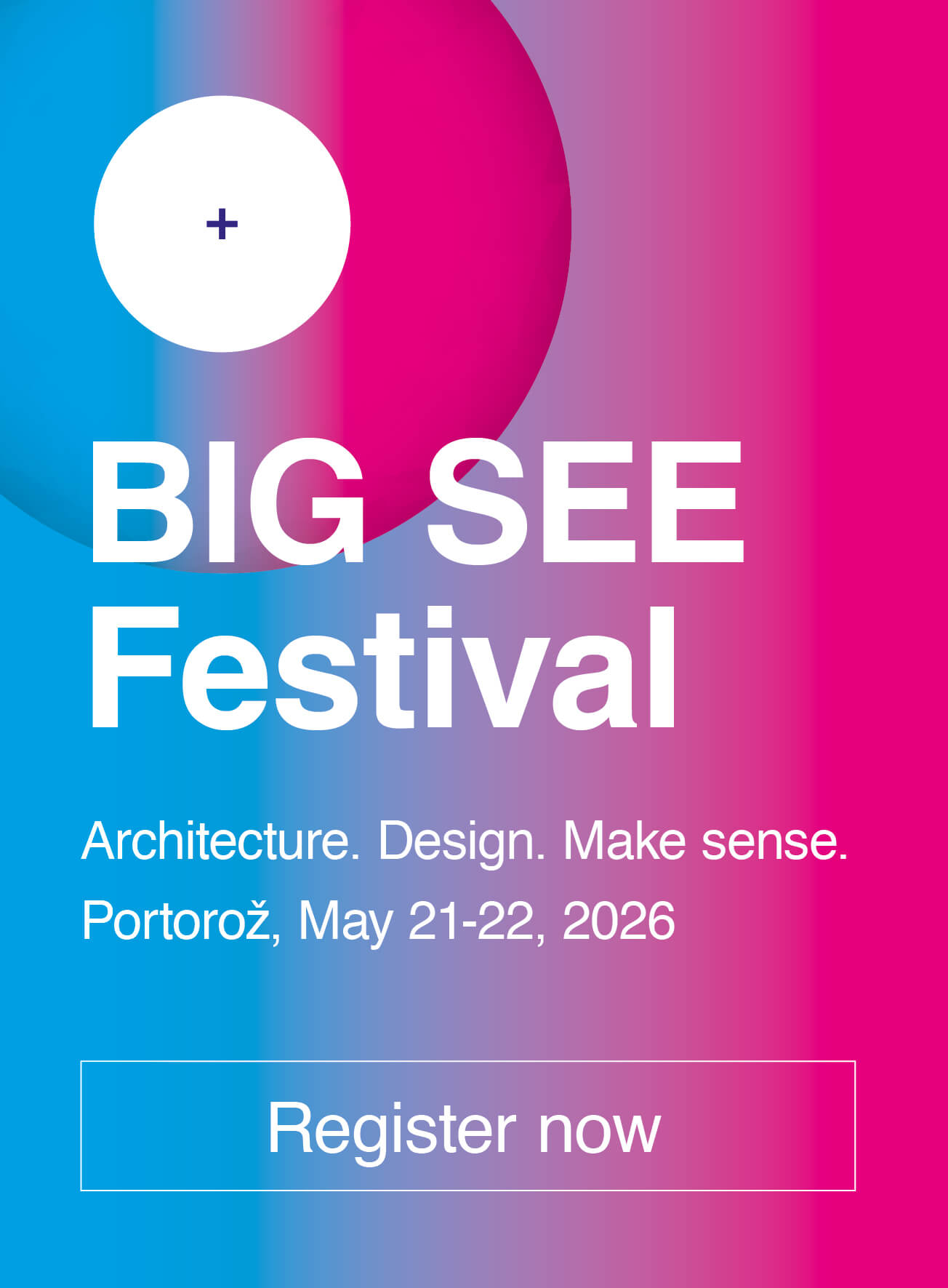3 Questions for Adrienn Király and Bálint Szalai
Q: How did your collaboration with Antal Foundry first introduce you to their traditional casting techniques, and in what ways did these initial encounters inspire the design of the collection?
A: As we always do, we first visit the workshop. We want to understand not just the technique, but the craftsmen, their knowledge, experience, and motivations. For some, it’s a job, to make a living; for others, it’s about experimenting, learning, or gaining recognition.
Being there in person, observing, and talking to the craftsmen helps us see the possibilities before we start designing.
We need to stay open-minded because the final result can be, and usually is, different from what we first imagined.
When visiting Antal Foundry, it was impossible not to notice the sculptural moulds on the shelves next to the very functional machinery parts. This contrasts between their technical and artistic approach was that later became part of the collection.
“We want to understand not just the technique, but the craftsmen, their knowledge, experience, and motivations.”
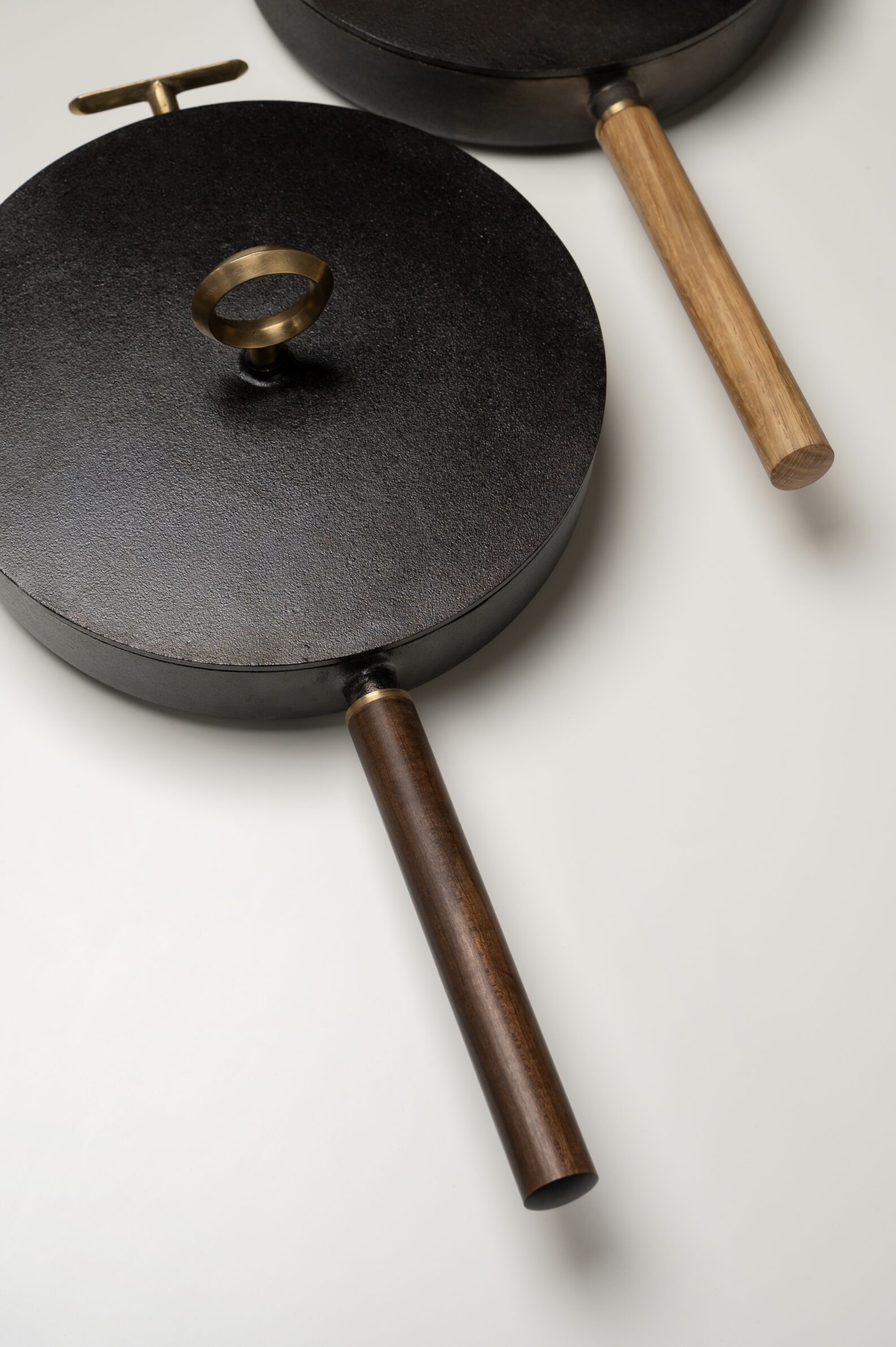
Q: What role does digital technology (such as CNC and model design) play when combined with traditional handcrafting? How do the two complement each other, and where do you see the unique value of the human touch?
A: Digital tools can be very helpful in the design and prototyping phase. For example, during designing the brass knobs for our cast iron collection we could iterate concepts with 3D printing before making the final casting tools.
Technologies like 3D printing, CNC, or laser engraving sometimes support production to achieve consistent and high quality.
But the human touch is what makes every piece unique. Small imperfections bring life and character to the object, something no machine can replicate.
“Human touch is what makes every piece unique.”
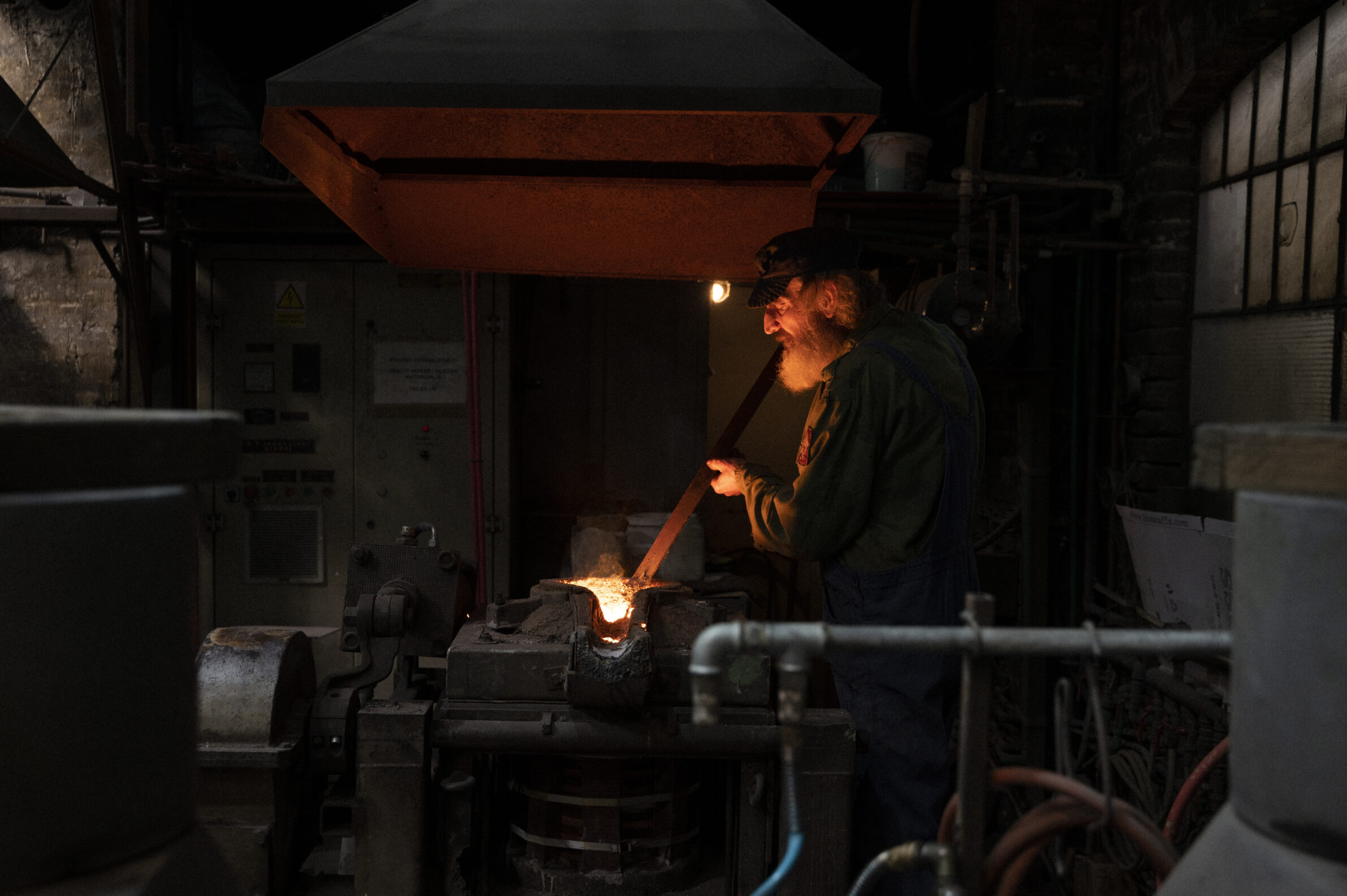
Q: In your view, what defines a premium kitchen object? Is it primarily about functionality and design, or does it also carry a cultural message, a sense of heritage, and a reflection of lifestyle?
A: Well-functioning and longevity are the foundation. Cast iron is a good example, it’s made to last a lifetime, and the material can be remelted and reused endlessly, which makes it a truly circular production method.
But a premium object also carries meaning. It can reflect values, like in our case, the origin and the story of its maker.
Our cookware has a simple, timeless shape, but with a wide selection of handles, each set can be tailored to the customer’s own taste. That personal connection also makes a product, whether in the kitchen or beyond, truly premium.
“Cast iron is a good example, it’s made to last a lifetime, and the material can be remelted and reused endlessly, which makes it a truly circular production method.”
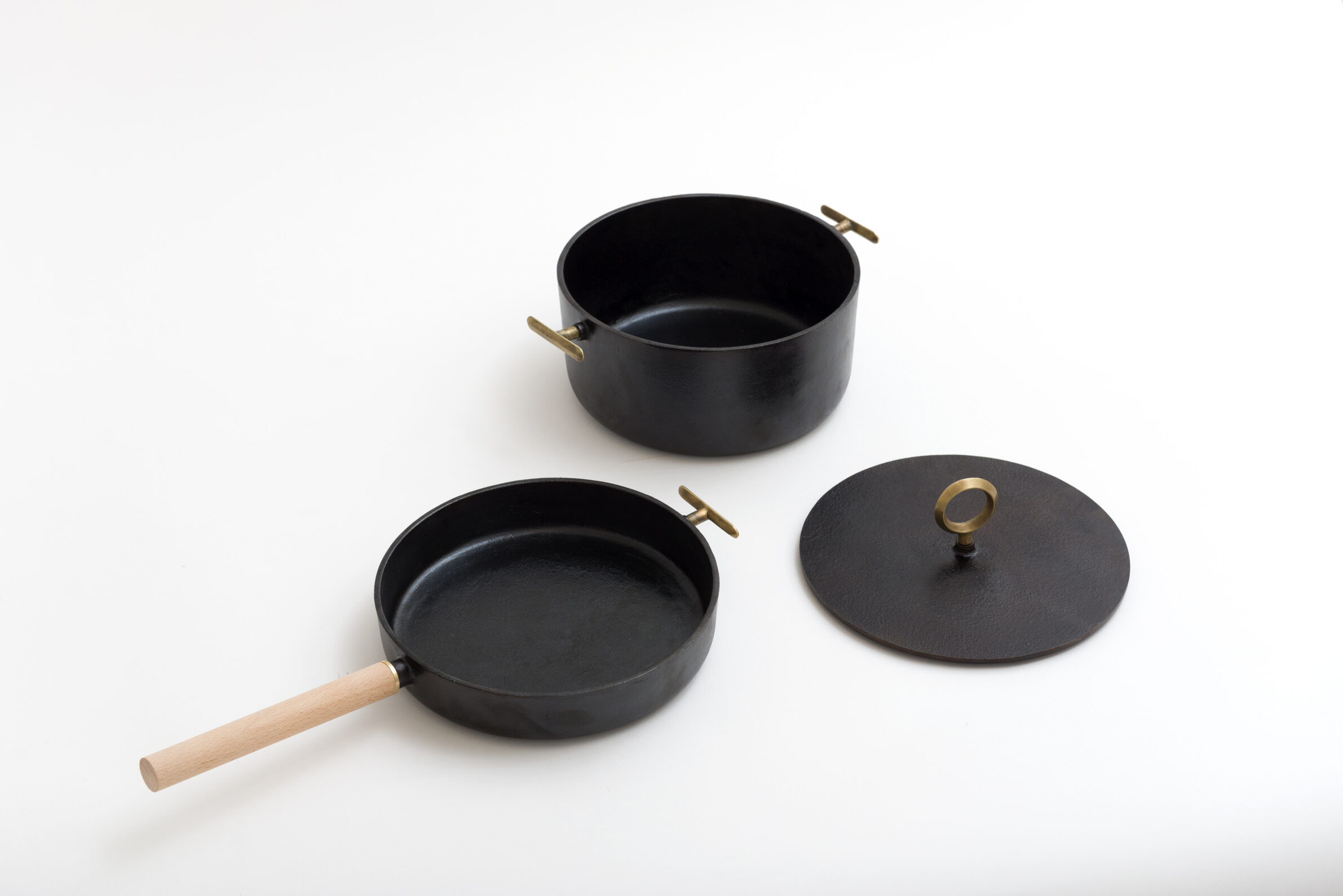
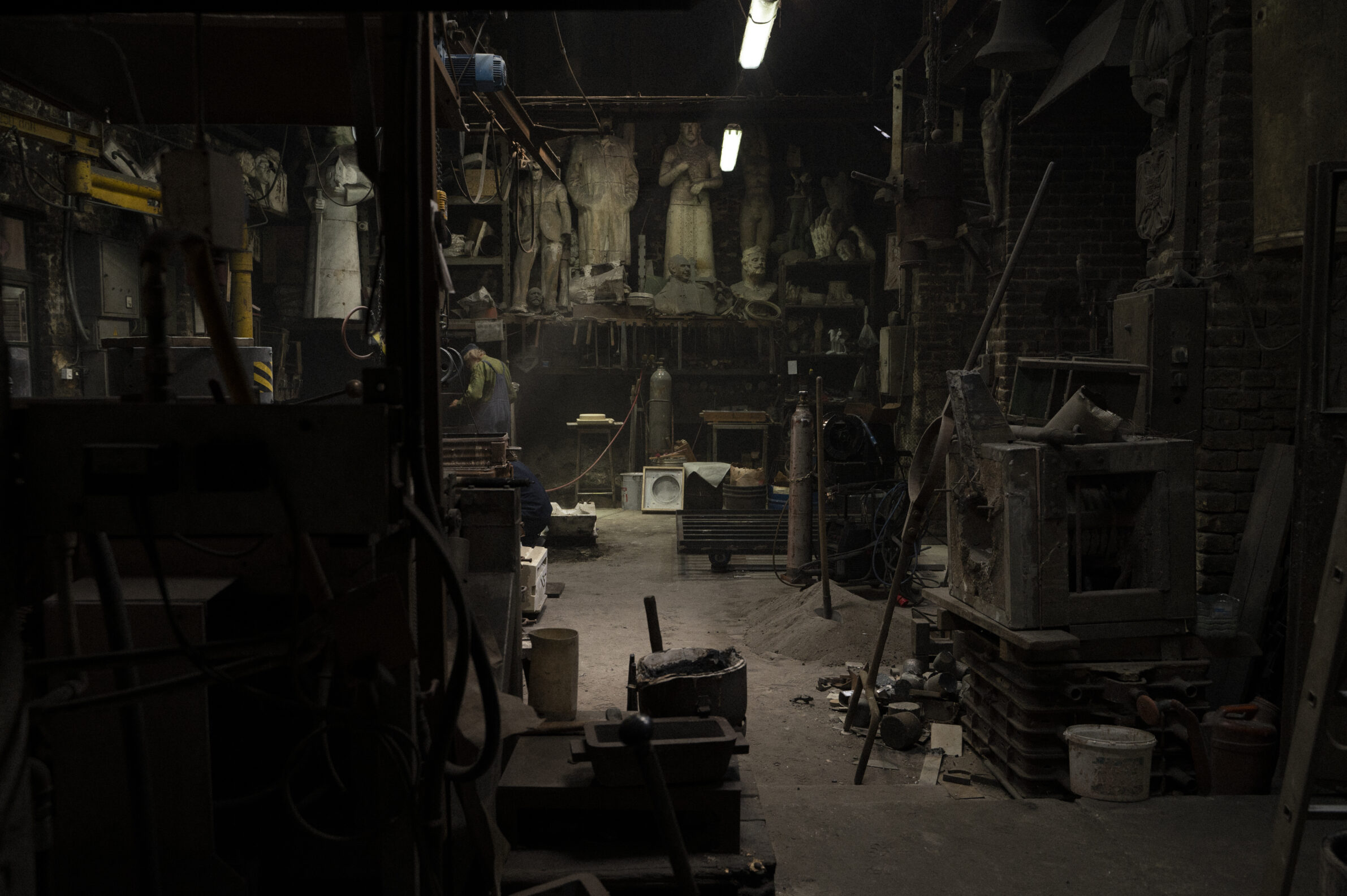
About Legacy Cast Iron Collection
Our latest collection is a cast iron cookware set manufactured by Antal Foundry in Subotica.
Cast iron cookware has a great tradition, and for good reason. Casting is a sustainable and circular production method, as the material can be recycled countless times. On the other hand, cast iron cookware is a long-lasting and healthy choice for the kitchen because it is a chemical-free and durable material. Our collaboration with Antal Foundry results in a collection that embodies all the advantages of cast iron, and, as we always do with itthon. speaks about its maker.
Antal Foundry is a century-old family business where craftsmanship is passed down from father to son for three generations. Their main profile is iron metallurgy and their experience ranges from industrial machine parts to artistic pieces like sculptures for public places, galleries, or private owners. This duality of their practical and artistic approach characterises the collection.
We created a purely functional dish and lid with simple lines that we intended to be timeless not only due to the material but also in terms of its shape. This is complemented by sculptural knobs that evoke symbols of a family, like a ring that has been handed down for generations. As the craftsmanship at Antal Foundry is passed down from father to son, the collection can also become such a family heirloom and an everlasting piece in the kitchen.
“We need to stay open-minded because the final result can be, and usually is, different from what we first imagined.”
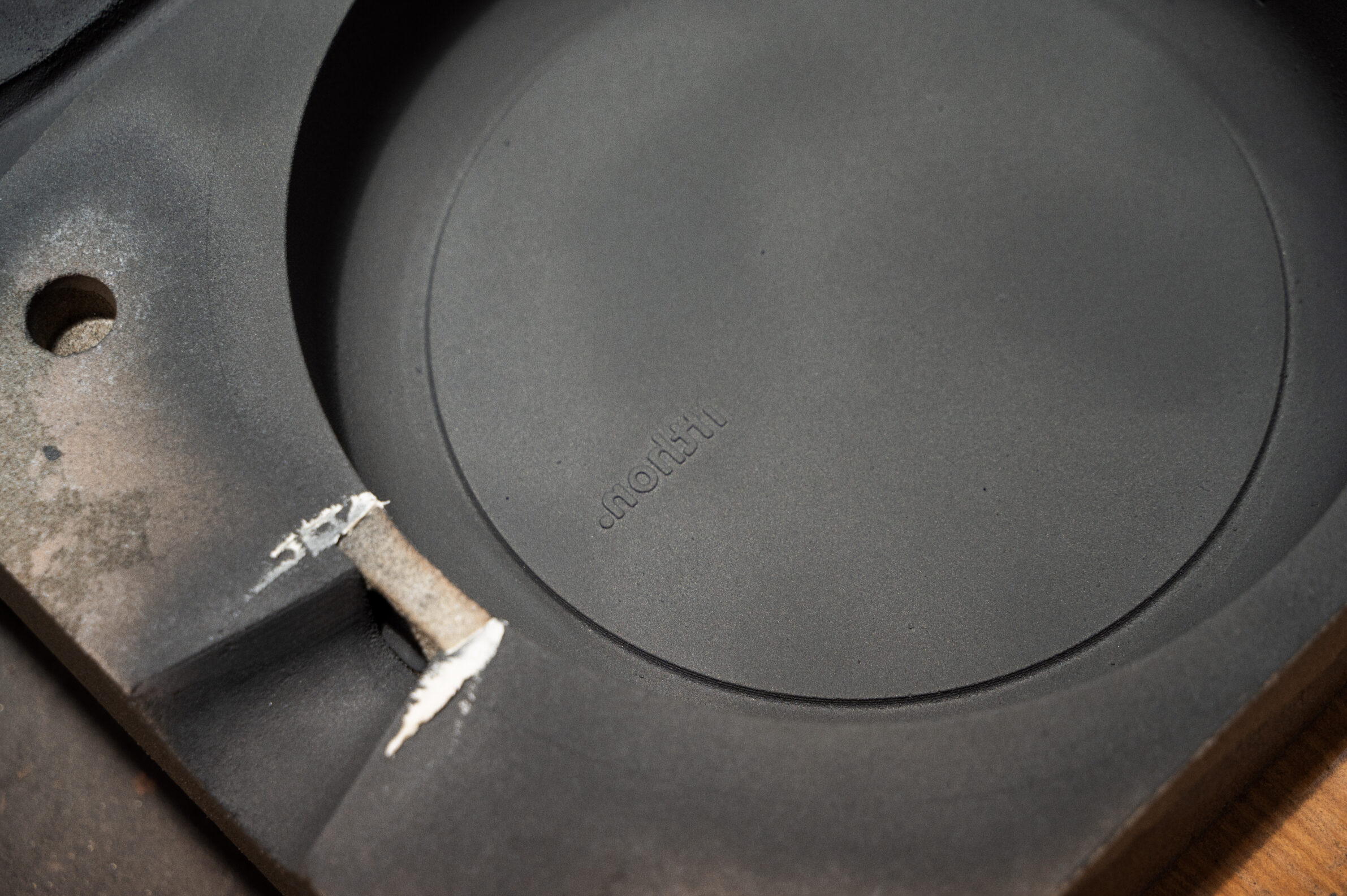
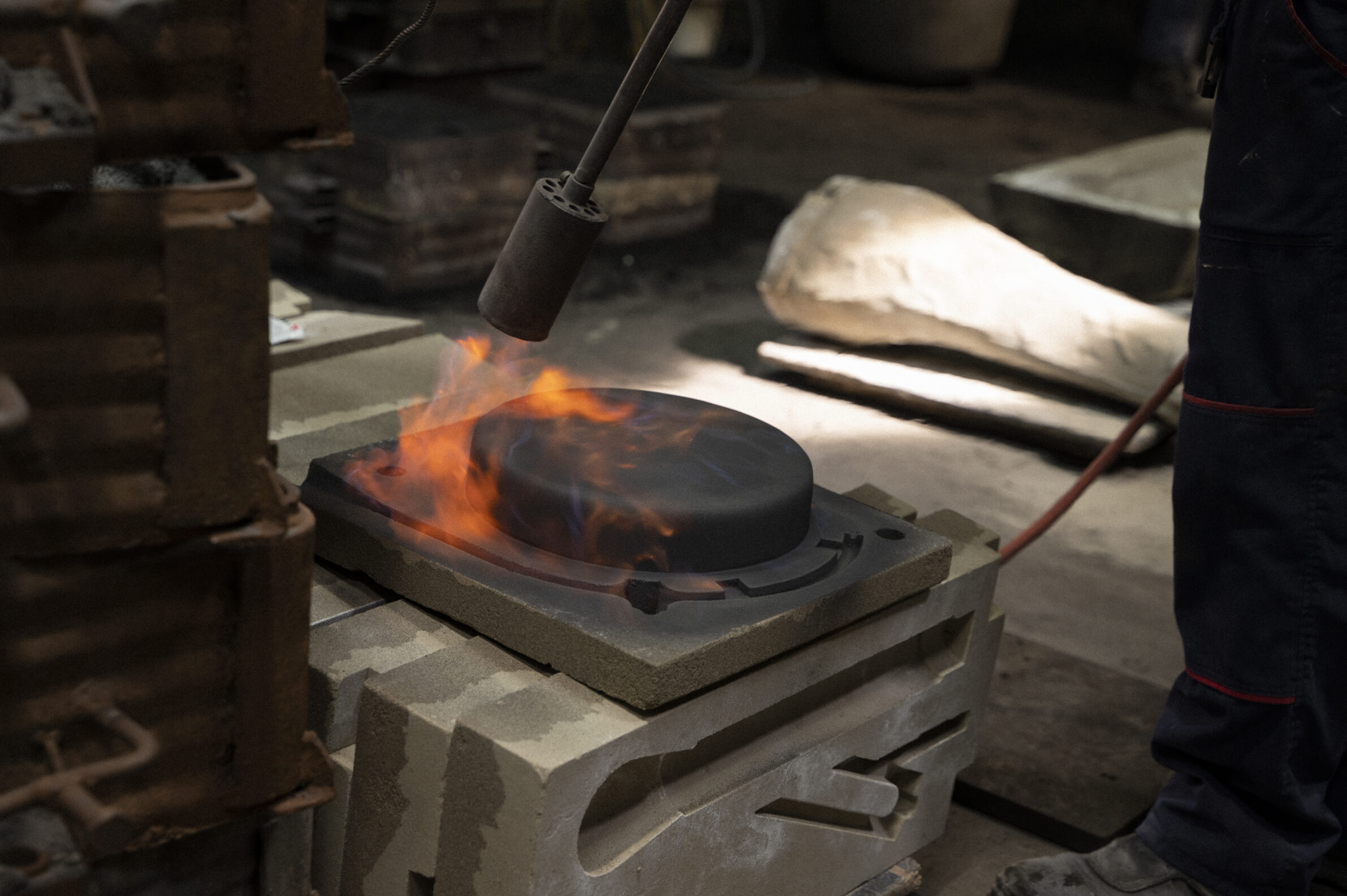
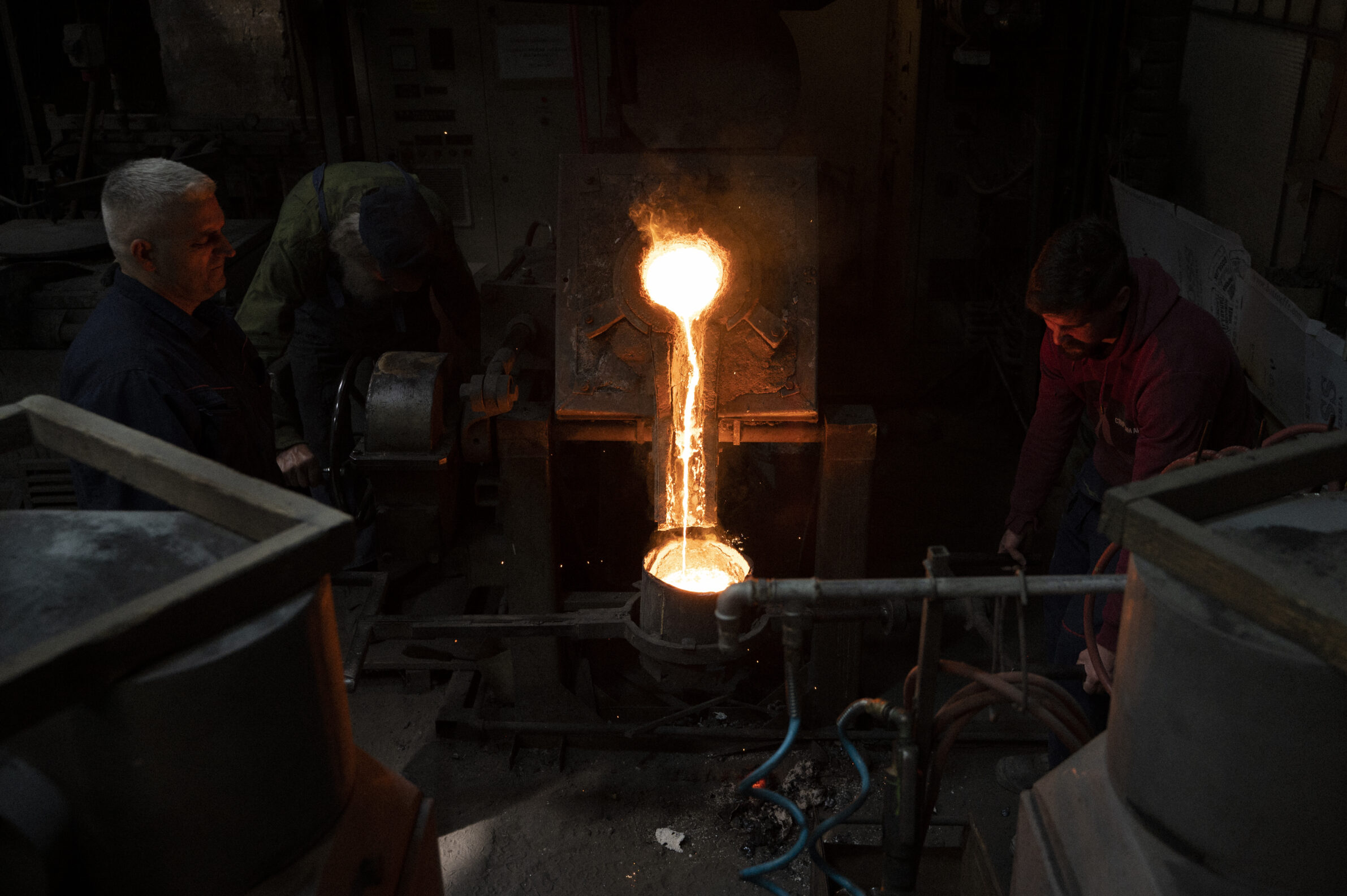
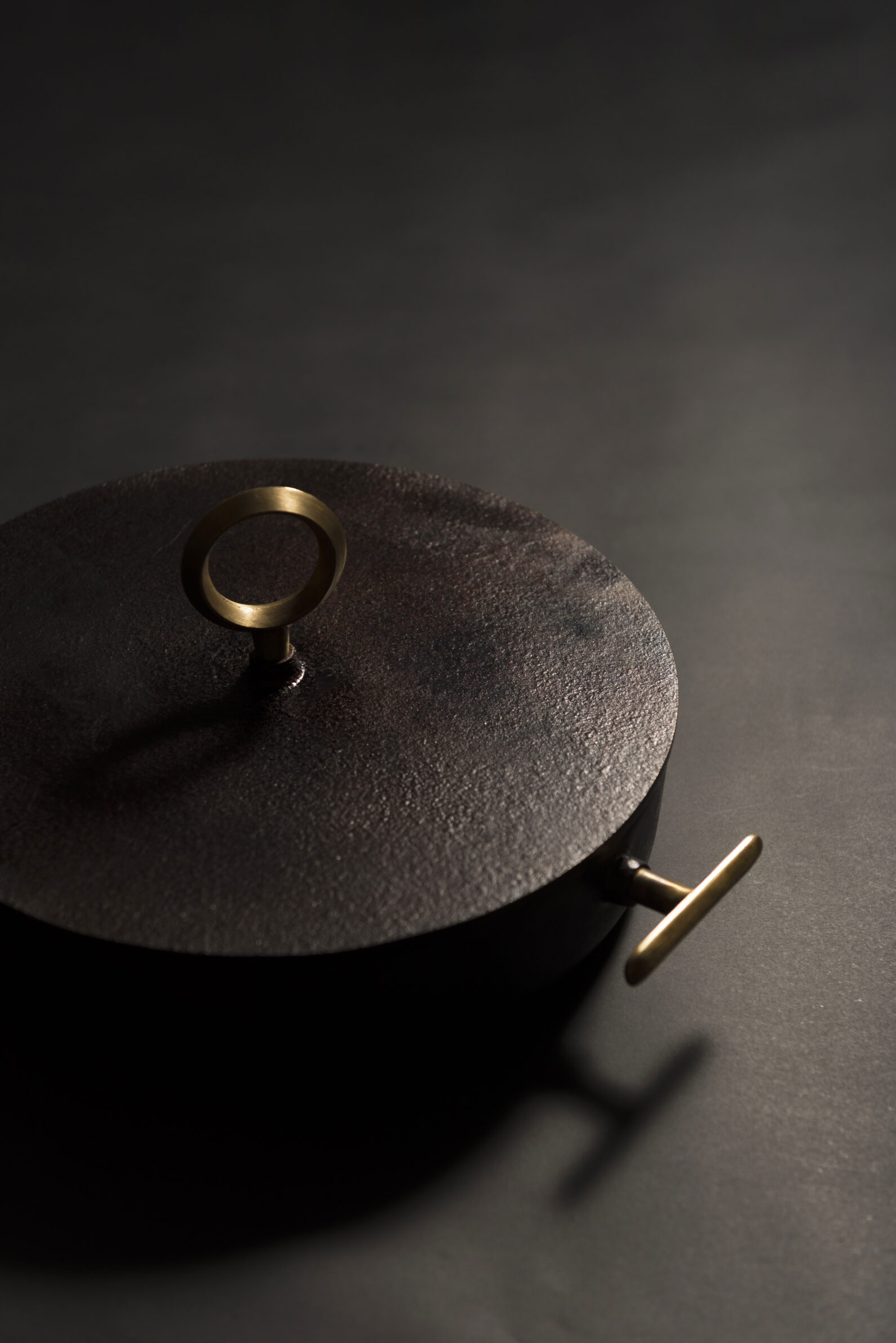
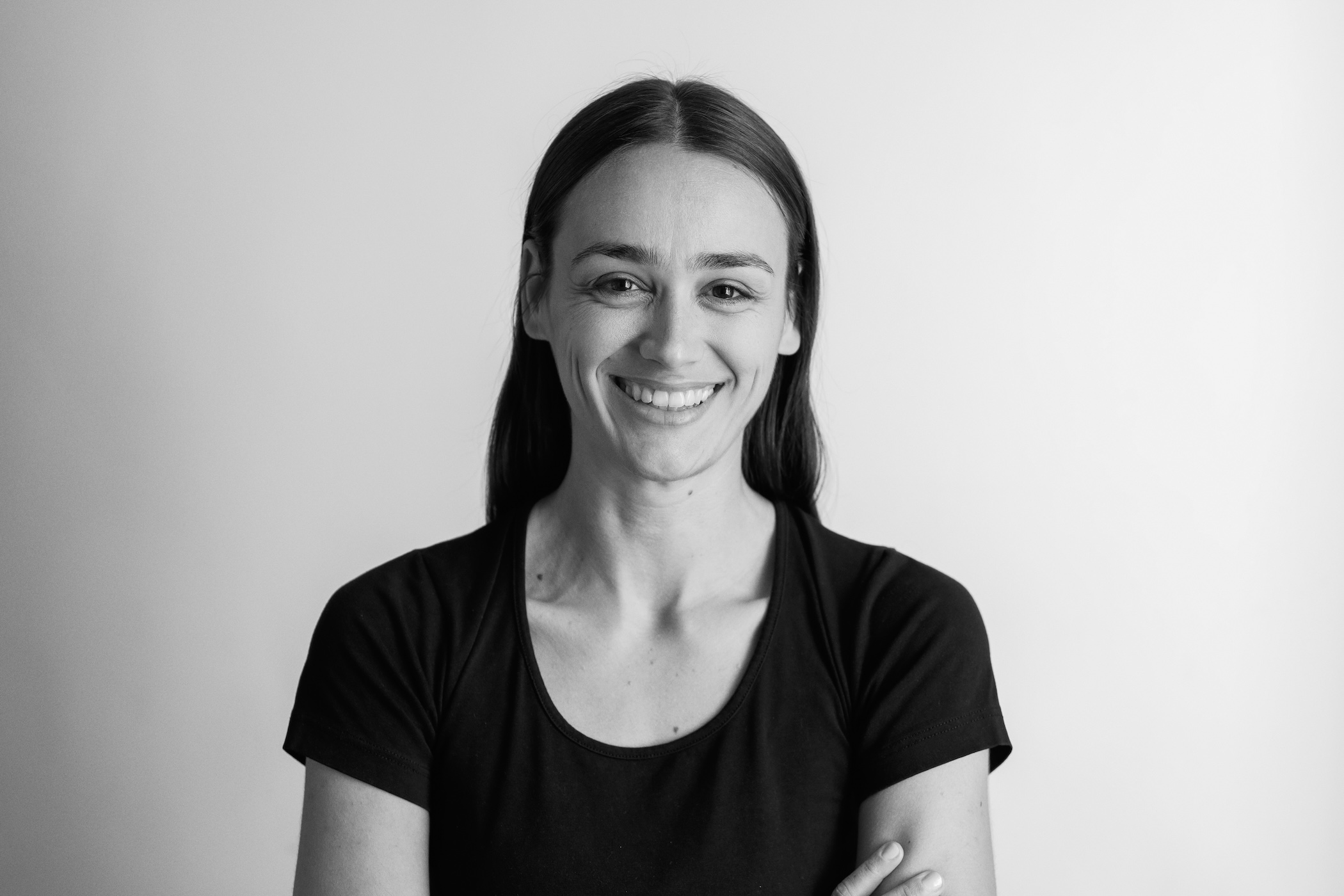
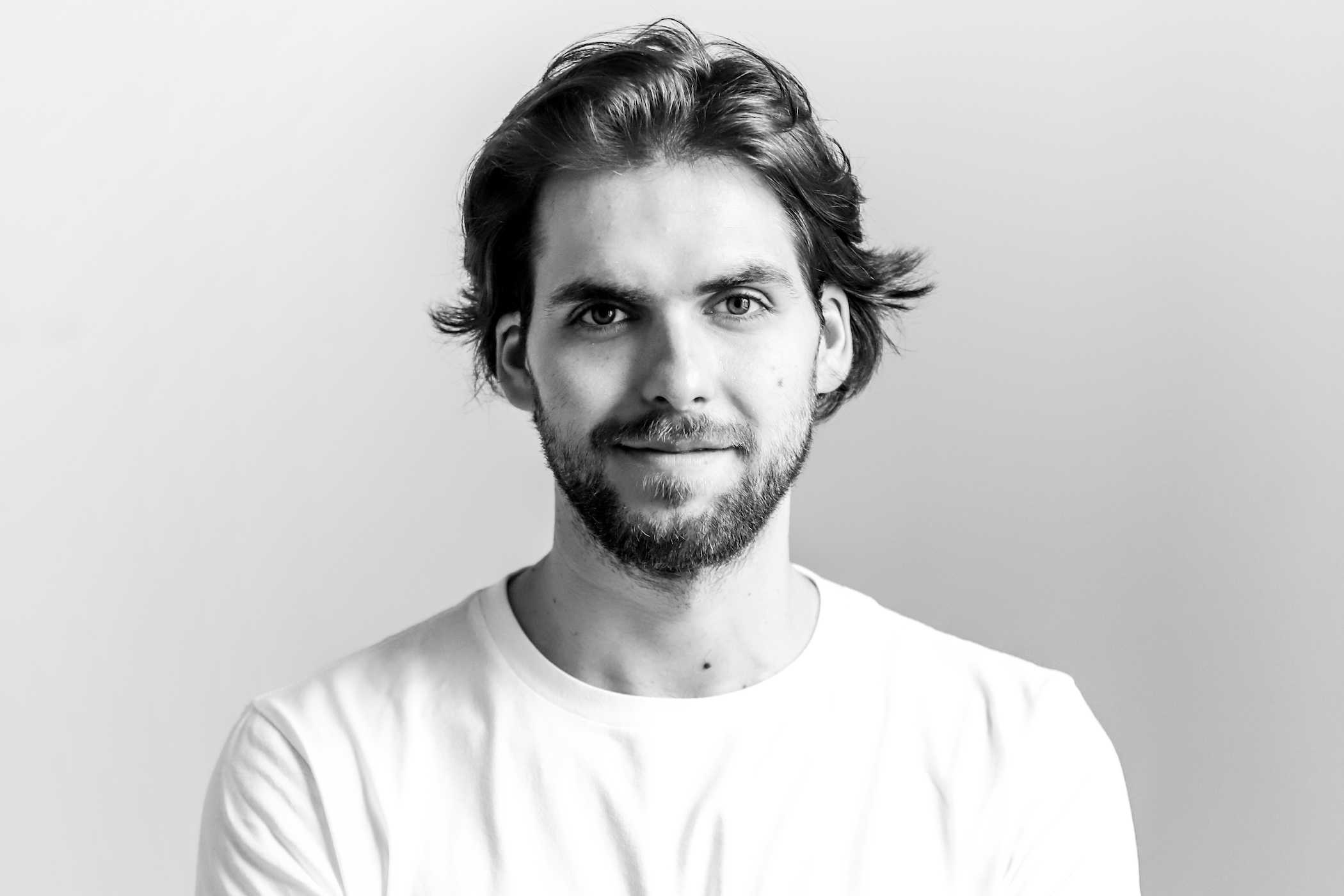
Adrienn Király and Bálint Szalai are product designers based in Budapest. Good design, they believe begins with listening – understanding the participants needs, motivations and the broader context of a project. By blending an analytical mindset, with an intuitive and human-centred approach they aim to create meaningful designs with impact and longevity.
With professional experience gained in cities such as London, Amsterdam, and Kyoto, they founded their studio (studio kész.) in 2020. Since then they’ve taken on diverse projects ranging from commissioned works – focusing on furniture, homewares, and collectibles – to pieces under their own brand, itthon.
itthon. is a socially driven brand rooted in the craft traditions of Vojvodina, Bálint’s home region. The brand works with local artisans using traditional techniques to create small-series, everyday objects that fit modern homes. Inspired by the quiet wisdom of folk culture, the designers aim to preserve and refresh craft heritage while supporting local communities and shaping cultural identity through design.
Project
Legacy Cast Iron Collection
Year of production
2024
Website
itthon.
studio kész.
Instagram
@itthon.collections
@studio_kesz
Photography
itthon.
Edited by
Blažka Drnovšek


